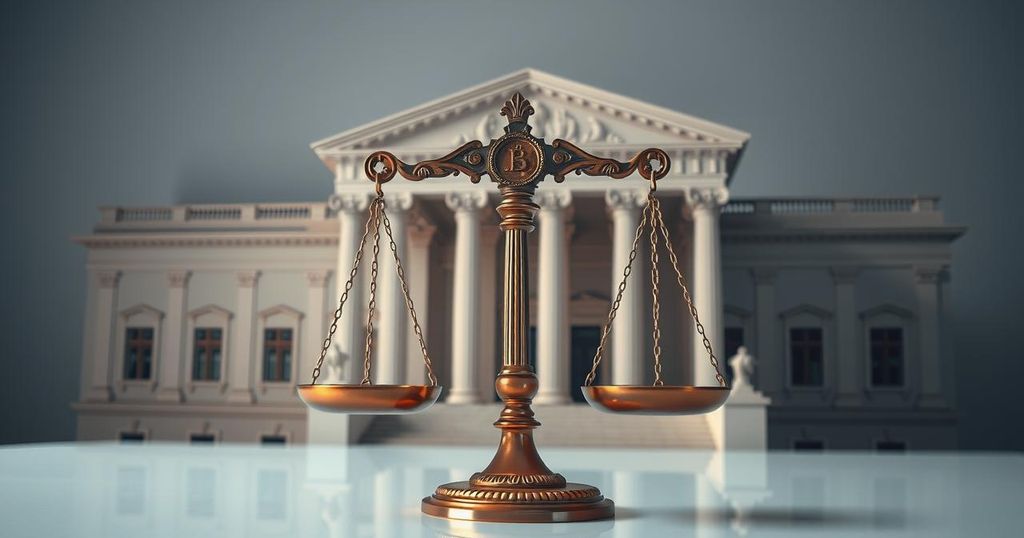APC and Labour Party Clash Over Nigeria’s Corruption Ranking

The APC and Labour Party are in conflict over Nigeria’s designation as the 36th most corrupt country according to Transparency International’s 2024 index. Labour accused the APC of failing to combat corruption effectively, while APC defenders emphasized ongoing reforms and improvements. The debate centers on accountability and the effectiveness of anti-corruption measures implemented by the current administration.
The All Progressives Congress (APC) and the Labour Party are currently engaged in a dispute regarding Nigeria’s recent designation as the 36th most corrupt nation globally. This classification comes from Transparency International’s 2024 Corruption Perceptions Index, which ranks Nigeria alongside countries such as Uganda and Mexico, with a score of 26 points. In contrast, Denmark leads as the least corrupt nation with a score of 90.
The Transparency International report highlights that despite some global improvements, corruption remains a significant challenge worldwide. Francois Valeria, Chair of Transparency International, pointed out that corruption threatens climate actions and noted that 148 countries have either stagnated or deteriorated in their corruption levels since 2012.
In response to the ranking, Labour Party National Publicity Secretary Obiora Ifoh accused the APC-led government of failing to effectively address corruption, stating that the situation has deteriorated under their leadership. He criticized the government’s anti-corruption agencies for focusing on less significant issues while systemic corruption within the bureaucracy continues unaddressed.
Dismissing these allegations, APC Deputy National Organising Secretary Nze Chidi Duru asserted that President Bola Tinubu’s administration is enacting crucial reforms aimed at combating corruption. He mentioned initiatives such as tax reform and direct funding to local governments, which are designed to promote financial accountability and governance at the grassroots level.
Duru also expressed concerns regarding the Transparency International ranking methodology, claiming that the Nigerian government lacks awareness of the data used to determine the rankings. He remained optimistic that the results of the administration’s anti-corruption measures will become apparent in due course.
In summary, the APC faces criticism from the Labour Party regarding Nigeria’s latest corruption ranking, with accusations of failing to combat systemic corruption. On the other hand, APC representatives defend the government’s initiatives and reforms aimed at enhancing accountability. As the debate continues, the impact of these reforms on future corruption perceptions remains to be seen.
Original Source: punchng.com







